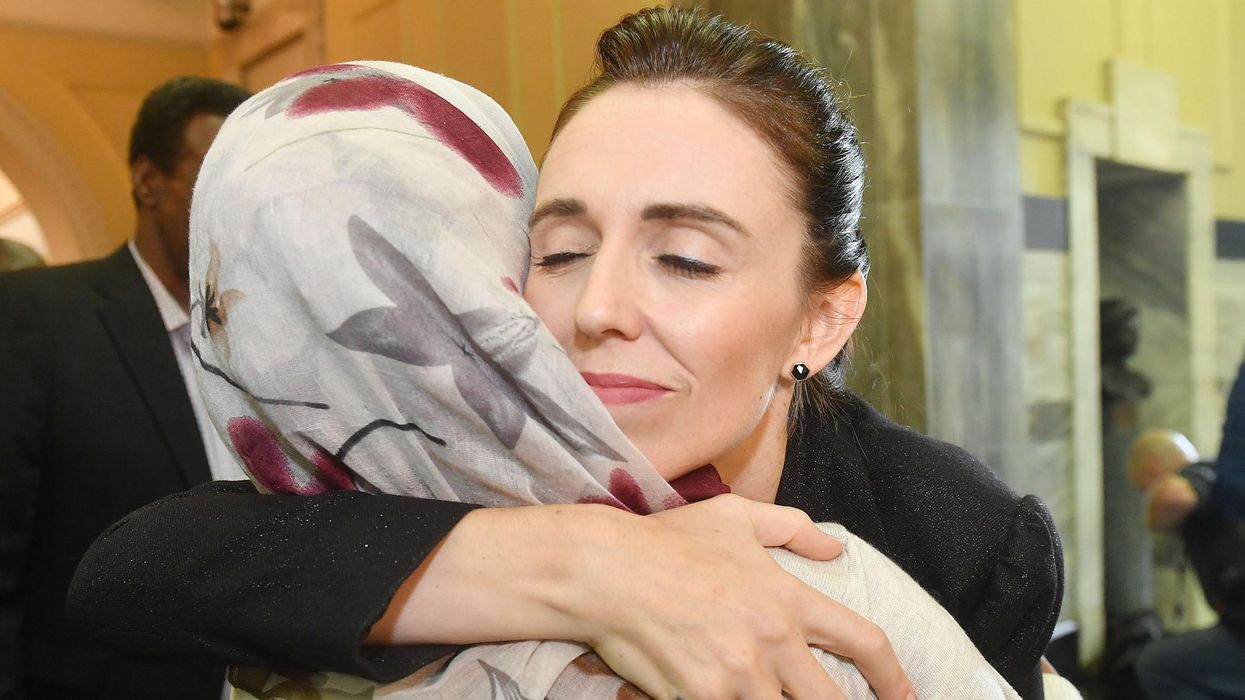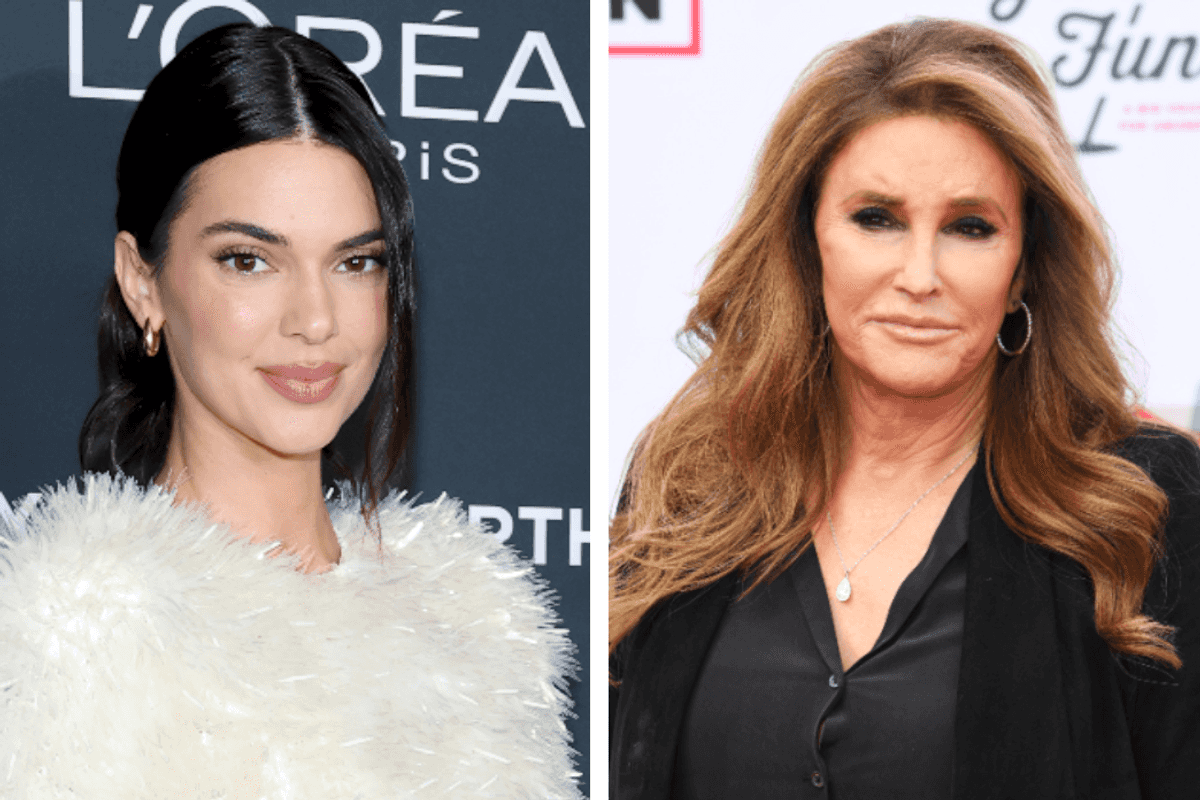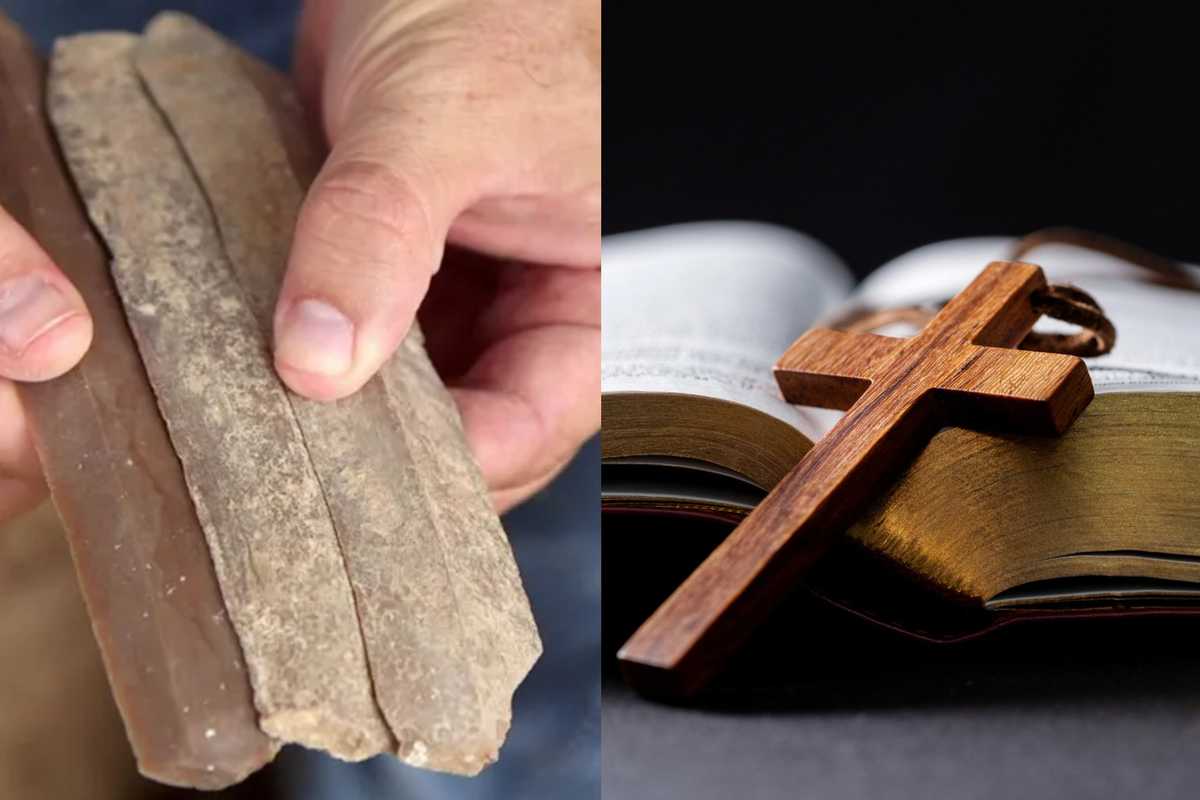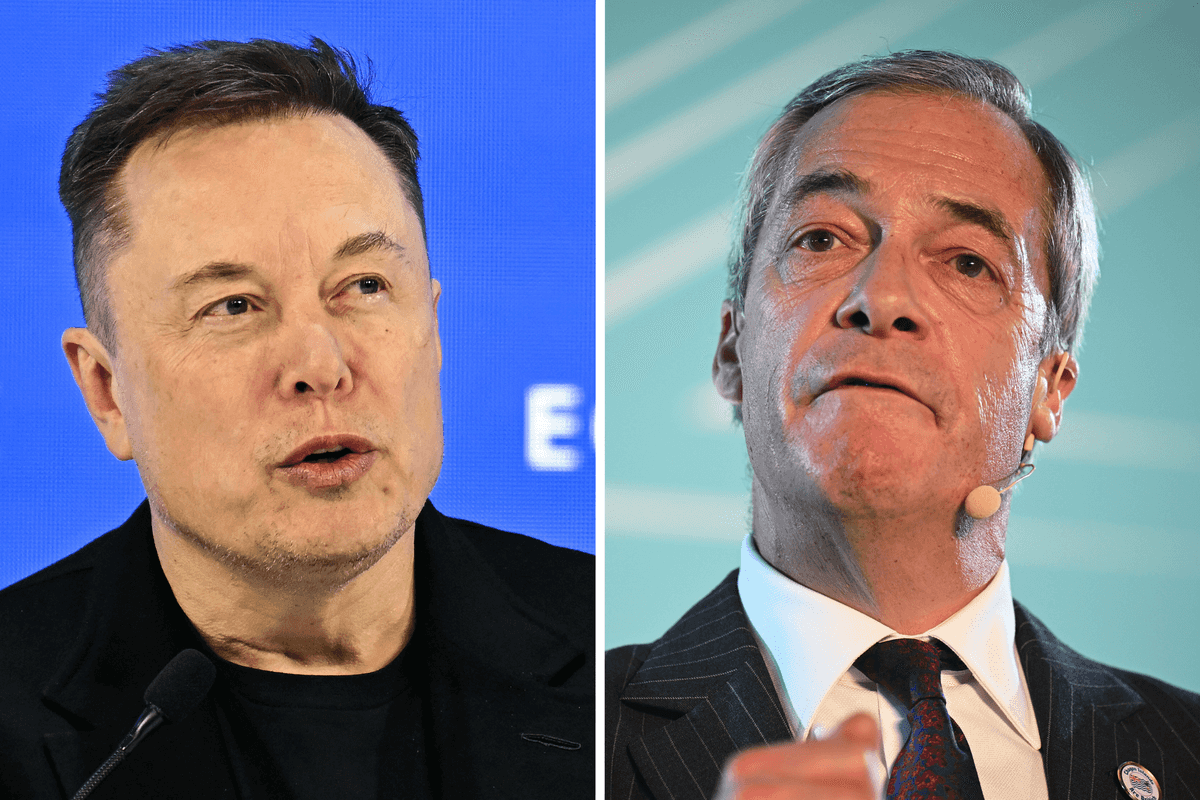News
Narjas Zatat
Mar 22, 2019
Jacinda Ardern is receiving global praise for her swift and decisive action in the wake of the tragic New Zealand mosque shootings that killed 50 – and people are calling on her to receive the Nobel Peace Prize.
The prize is given to people who have demonstrated exceptional service to the world, and who:
Have done the most or the best work for fraternity between nations, for the abolition or reduction of standing armies and for the holding and promotion of peace congresses.
Many people feel that Ardern’s actions after the tragedy warrant such an accolade. Sine the attack the New Zealand prime minister has shown solidarity with Mulsims around the world - she wore a hijab, visited survivors and family members of the victims of the Christchurch shooting, and on Friday, visited a Muslim community wear she heard the Friday call to prayer.
Muslims are grateful to Ardern and praised her unwavering support.
"We would like to nominate her for a Nobel Prize, she is really a kind of model that we need to follow," Tareq Talahma told News Hub.
Other people think she should win the prize, too
And they believe she demonstrated great leadership in a difficult time
People are calling her 'honourable'
Ardern is being nominated for the Nobel Peace Prize in the hundreds
Supporters of Ardern have launched a petition on change.org to award the prime minister with the prize. As of the writing of this article, 955 people have signed it.
Should Jacinda Ardern be awarded the Nobel Peace Prize?
Here are 7 reasons why the answer is YES!
1. She led the charge on condemning white nationalist terrorism
It took the New Zealand prime minister less than 24 hours after the shooting to condemn the tragedy as a terrorist attack. The New Zealand prime minister said:
He is a terrorist. He is a criminal. He is an extremist. But he will, when I speak, be nameless.
In contrast, Donald Trump, after being asked about the possibility of there being a rise in white nationalism and its threat to global security, said it isn’t a threat.
2. She redefined the way we should be speaking about tragedy by shifting the global focus from the culprit to the victim
Jacinda emphasised the importance of focusing on victims of such killings, and not the perpetrators. In an important symbolic move, she refused to call the New Zealand shooter by name, and her rhetoric has been filled with support for the community.
You will never hear me mention the name of the alleged Christchurch gunman. He is a terrorist. He is a criminal … To others, I implore you: Speak the names of those who were lost rather than the name of the man who took them.
3. Ardern unequivocally supported New Zealand’s Muslim community following the tragedy in more than just ‘thoughts and prayers’
She promised to cover the funeral costs of the 50 victims, spent time with families of victims and observed the hijab in order to honour them.
She addressed parliament using the Muslim greeting, '"As-salamu alaykum” and travelled to Christchurch, where the attack happened, to observe the Islamic call to prayer.
4 . Her progressive, decisive politics
When a crisis occurred as a direct result of military-grade guns, she took swift action and banned them.
There were no political platitudes to gun companies, or political descent. The Prime Minister said she was banning automatic weapons, and less than a week after saying so, she did.
5. She isn’t afraid to call out big corporations for their part in allowing dangerous content online
Ardern said social media needs to step up and stop pretending they can be a neutral platform:
They are the publisher not just the postman. There cannot be a case of all profit, no responsibility.
This comes after thousands of people viewed the graphic video that had been uploaded by the shooter despite pleas from leaders and the police not to share it.
6. Ardern has a political history of inclusiveness
Ardern has pledged that the Maori language will be taught in all primary schools in New Zealand by 2025.
Te reo Maori is one of the three languages to be recognised in New Zealand and presents an important part of its indigenous peoples. And yet it’s not taught in schools. She wants to change that.
Of the decision, she had said at the time:
I have an aspiration that my generation will be last generation to regret not having the chance to learn te reo Maori in our learning and education journey.
She told reporters the language was “part of who we are as a country.”
When she travelled to a Maori locality Waitangi for the annual Waitangi Day Celebrations, she stayed for an unprecedented five days.
Ardern became the first female Prime Minister to speak from the top marae (a sacred place).
7. She has a history of speaking out against injustice
Ardern has condemned the deaths of Palestinians during protests at the Gaza border and raised the issue of Xinjiang re-education camps and human rights abuses against the Uyghur Muslims in China.
More: The UK has a short Brexit extension, here's how Leave and Remain reacted
More: Question Time: 16-year-old audience member perfectly sums up why the Tories are to blame for Brexit

Top 100
The Conversation (0)














